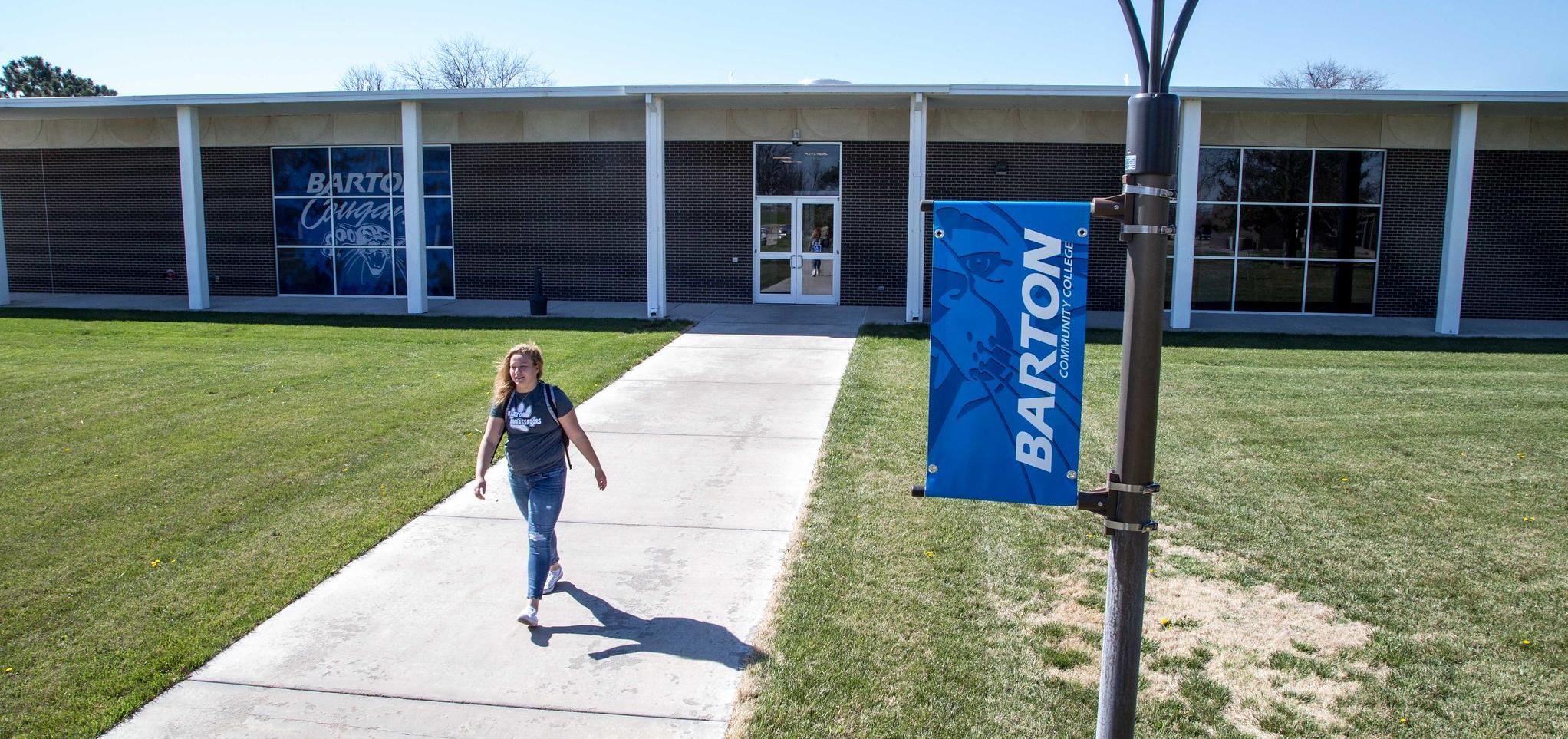
National Initiative for Leadership and Institutional Effectiveness (NILIE) has synthesized from the literature four leadership or organizational systems ranging from coercive to collaborative. Per Likert (1967), the Collaborative System, which he termed System 4, generally produced better results in terms of productivity, job satisfaction, communication, and overall organizational climate. The other systems were Consultative System 3, Competitive System 2 and Coercive System 1. Most college climates fall into the Consultative System 3 across the four factors of the climate instrument.
The mission of PACE is to promote open and constructive communication along four climate factors. Taken together the climate factors provide a valid source to define areas needing change or improvement and sets the stage for strategic planning.
- The Institutional Structure climate factor focuses on the mission, leadership, spirit of cooperation, structural organization, decision-making, and communication within the institution.
- Supervisory Relationships provides insight into the relationship between an employee and a supervisor and an employee’s ability to be creative and express ideas related to the employee’s work.
- Teamwork explores the spirit of cooperation within work teams and effective coordination within teams.
- The Student Focus climate factor considers the centrality of students to the actions of the institution as well as students are prepared for post-institution endeavors.
2022 PACE Report
- During August and September 2022, the PACE Climate Survey for Community Colleges(PACE) was administered to 514 employees at Barton County Community College (BCCC).
- Of those 514 employees, 252 (49.0%) completed and returned the instrument for analysis.
| Month & Year | Total Employees | Surveys Completed | Percentage Completed |
| Apr. 2012 | 422 | 181 | 42.90% |
| Oct. 2014 | 608 | 324 | 53.30% |
| Oct. 2016 | 560 | 338 | 60.40% |
| Oct. 2018 | 531 | 315 | 59.30% |
| Oct. 2020 | 512 | 248 | 48.40% |
| Sept. 2022 | 514 | 252 | 49.03% |
The 2022 PACE results yielded an overall 4.146 mean score, a little down from 4.157 in 2020.
- Faculty rated the highest with a mean score of (4.287) up from 4.183 in 2020
- Administration (4.226) down from 4.376
- Staff(4.025), also down from 4.101
| Category Mean Scores | 2012 | 2014 | 2016 | 2018 | 2020 | 2022 | Norm 2022 |
| Student Focus | 4.04 | 4.10 | 4.08 | 4.19 | 4.28 | 4.31 | 4.09 |
| Teamwork | 3.84 | 3.98 | 3.98 | 4.07 | 4.18 | 4.23 | 3.97 |
| Supervisory | 3.86 | 4.00 | 4.01 | 4.10 | 4.20 | 4.16 | 3.91 |
| Institutional Structure | 3.44 | 3.72 | 3.71 | 3.91 | 4.01 | 3.98 | 3.53 |
Board Summary
Custom Report
Demographics Report
Executive Summary
PACE Report
Part-Time Faculty Report
Personnel Classification Report
Report Interpretation Instructions
National Initiative for Leadership and Institutional Effectiveness (NILIE) has synthesized from the literature four leadership or organizational systems ranging from coercive to collaborative. Per Likert (1967), the Collaborative System, which he termed System 4, generally produced better results in terms of productivity, job satisfaction, communication, and overall organizational climate. The other systems were Consultative System 3, Competitive System 2 and Coercive System 1. Most college climates fall into the Consultative System 3 across the four factors of the climate instrument.
The mission of PACE is to promote open and constructive communication along four climate factors. Each climate factor has a unique focus, the combination of which create an integrative tool useful in understanding the campus climate. Taken together the climate factors provide a valid source to define areas needing change or improvement and sets the stage for strategic planning.
- The Institutional Structure climate factor focuses on the mission, leadership, spirit of cooperation, structural organization, decision-making, and communication within the institution.
- Supervisory Relationships provides insight into the relationship between an employee and a supervisor and an employee’s ability to be creative and express ideas related to the employee’s work.
- Teamwork explores the spirit of cooperation within work teams and effective coordination within teams.
- The Student Focus climate factor considers the centrality of students to the actions of the institution as well as the extent to which students are prepared for post-institution endeavors.
In April 2012, October 2014, October 2016, October 2018, and October 2020 the Personal Assessment of the College Environment (PACE) survey was administered to employees at Barton Community College (Barton).
The results from the PACE instrument in 2012, 2014, 2016, 2018 indicated a healthy campus climate with 3 out of 4 categories in Collaborative System 4. Of the studies completed by NILIE, few institutions have been found to achieve a fully Collaborative (System 4) environment. In 2020, all four of Barton Community College’s individual climate factors reached the top level (Collaborative) mean score of 4.0 or higher.
The PACE results yielded an overall 4.157 mean score, up from 4.056 in 2018. When disaggregated by the personnel classification demographic category of the PACE instrument, Administrators rated the campus climate the highest with a mean score of 4.376, followed by Faculty (4.183) and Staff (4.101), all also up from their 2018 means.
| 2012 | 2014 | 2016 | 2018 | 2020 | |
|---|---|---|---|---|---|
| Student Focus | 4.04 | 4.10 | 4.08 | 4.19 | 4.28 |
| Teamwork | 3.84 | 3.98 | 3.98 | 4.07 | 4.18 |
| Supervisory | 3.86 | 4.00 | 4.01 | 4.10 | 4.20 |
| Institutional Structure | 3.44 | 3.72 | 3.71 | 3.91 | 4.01 |
PACE 2020 Reports
Executive Report
Custom Report
Demographics Report
Executive Summary
PACE Report
Personnel Classification Report
Qualitative Report
Report Interpretation Instructions
PACE 2018 Reports
Executive Report
Custom Report
Demographics Report
Executive Summary
PACE Report
Personnel Classification Report
Qualitative Report
Report Interpretation Instructions
Student Success Report